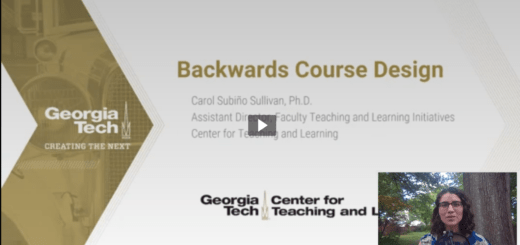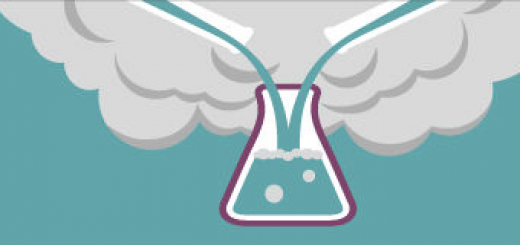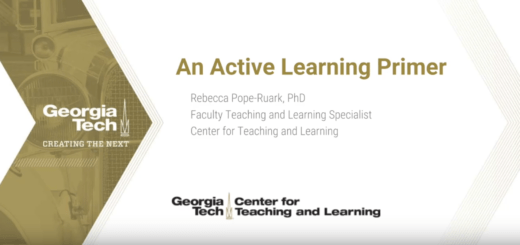Quick Teaching Tips: Facilitating Experiential Education in Learning in Higher Education
At the POD Network annual conference, Siara Isaac, one of the authors of Facilitating Experiential Education in Learning in Higher Education, shared a process for using questions to develop students’ expertise during experiential learning activities:
First step: welcome the question: When a student asks a question, don’t answer it right away. Instead, welcome it by saying something like, “I’m so glad you asked that question!” This creates a climate where students feel free to ask questions while avoiding having the instructors do the thinking for the students.
Second step: Ask for more information: After welcoming the question, ask a follow up question to find out what made the student ask that question, by saying something like, “Can you tell me what you noticed that made you ask the question?” By asking this question, it helps you and the student better understand what they are asking and gives the instructor some time to develop a constructive response.
Third step: Give a thinking task: Use the information from your previous question to design a task to help students process the information. For example, you might say, “Which of the principles we’ve looked at so far best applies to this problem?”
This process helps instructors develop robust habits for using questions to structure their interactions with students to increase participation, engage students in meaningful learning activities, and respond to students’ questions by encouraging critical thinking.
How do you help your students develop expertise during experiential learning activities? Share your reflections with us and earn a Reflective Teaching Badge token.




